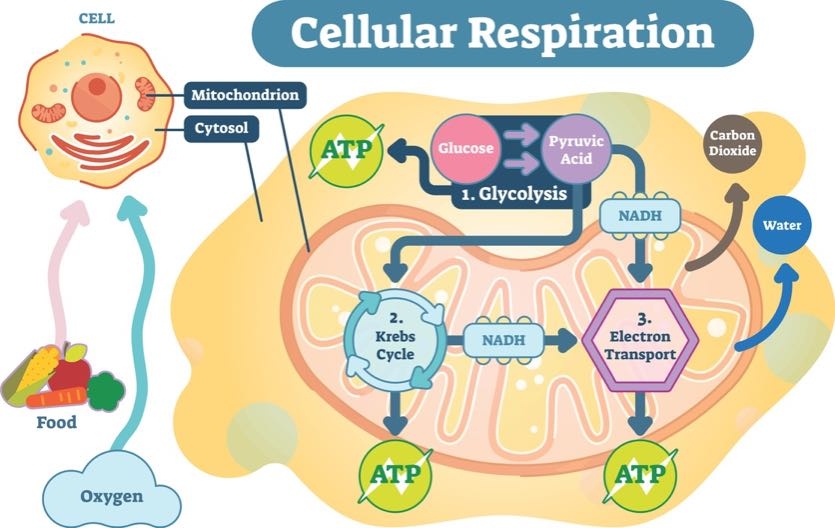Health and Wellness: A Comprehensive Guide
Health is an essential component of human life, encompassing physical, mental, and social well-being. Unlike the mere absence of disease, health involves a harmonious balance between various aspects of life. Maintaining good health requires attention to nutrition, exercise, sleep, mental well-being, and preventive care. In this article, we will explore these factors in depth and provide actionable tips for achieving a healthier lifestyle.
1. Nutrition and Diet
Nutrition is the cornerstone of good health. The food we consume provides the energy and nutrients required for the proper functioning of the body. A balanced diet consists of macronutrients — carbohydrates, proteins, and fats — and micronutrients — vitamins and minerals.
Carbohydrates are the primary source of energy. Complex carbohydrates such as whole grains, fruits, and vegetables provide long-lasting energy and fiber, which aids in digestion. Proteins, found in meat, fish, legumes, and dairy, are vital for muscle growth, repair, and immune function. Healthy fats, such as those from nuts, seeds, olive oil, and fatty fish, support brain health and hormone production.
Micronutrients, including vitamins A, C, D, E, K, and minerals like calcium, iron, and magnesium, are crucial for immune function, bone health, and overall well-being. Deficiencies can lead to chronic health issues such as anemia, osteoporosis, and compromised immunity.
2. Physical Activity
Regular physical activity is essential for maintaining a healthy weight, strengthening muscles and bones, and reducing the risk of chronic diseases such as diabetes, heart disease, and cancer. Exercise also promotes mental health by reducing stress, anxiety, and depression.
The World Health Organization recommends at least 150 minutes of moderate-intensity aerobic activity or 75 minutes of vigorous-intensity activity per week, combined with muscle-strengthening exercises twice weekly. Activities like walking, jogging, swimming, yoga, and weight training contribute to overall fitness.
In addition to structured exercise, incorporating movement throughout the day, such as taking stairs, walking during breaks, and stretching, supports long-term health and reduces sedentary lifestyle risks.
3. Mental Health
Mental health is equally important as physical health. Stress, anxiety, and depression can significantly impact daily life and overall well-being. Mental health involves emotional, psychological, and social well-being, influencing how individuals think, feel, and behave.
Strategies to maintain mental health include mindfulness, meditation, maintaining social connections, and seeking professional help when needed. Practicing gratitude, setting realistic goals, and engaging in hobbies can also improve mental resilience.
Sleep plays a crucial role in mental health. Adults require 7-9 hours of sleep per night to restore energy, consolidate memory, and regulate mood. Poor sleep is linked to increased risks of anxiety, depression, and cognitive decline.
4. Preventive Health Care
Preventive health care involves measures taken to prevent diseases rather than treating them after they occur. This includes regular medical check-ups, vaccinations, screenings, and adopting a healthy lifestyle.
Vaccinations protect against infectious diseases such as influenza, hepatitis, and measles. Screenings for blood pressure, cholesterol, blood sugar, and cancer help detect conditions early, allowing timely interventions.
Adopting preventive measures, such as wearing seatbelts, practicing safe sex, and avoiding tobacco and excessive alcohol, significantly reduces health risks. Education about health risks and adopting protective behaviors contribute to long-term wellness.
5. Chronic Disease Management
Chronic diseases like diabetes, heart disease, obesity, and cancer are leading causes of morbidity and mortality worldwide. Lifestyle modifications, including diet, exercise, and stress management, play a crucial role in preventing and managing these conditions.
Diabetes management involves monitoring blood glucose, adhering to a balanced diet, and regular exercise. Cardiovascular health can be improved through cholesterol management, blood pressure control, and smoking cessation. Obesity prevention relies on caloric balance, physical activity, and behavioral interventions.
6. Hydration
Water is vital for nearly every bodily function, including digestion, circulation, temperature regulation, and waste elimination. Dehydration can cause fatigue, headaches, and impaired cognitive function. Drinking adequate water daily, usually around 8-10 glasses, supports overall health, though individual needs vary based on activity level, climate, and health conditions.
7. Healthy Lifestyle Habits
In addition to diet and exercise, other lifestyle habits contribute significantly to health:
- Avoiding tobacco: Smoking is linked to cancer, respiratory disease, and cardiovascular issues.
- Moderate alcohol consumption: Excessive drinking increases the risk of liver disease, heart problems, and accidents.
- Stress management: Techniques such as yoga, deep breathing, and mindfulness help reduce stress levels.
- Social connections: Strong relationships support mental health and longevity.
- Regular health check-ups: Early detection and treatment improve outcomes.
8. Environmental and Community Health
Health is also influenced by environmental factors such as clean air, water, and safe living conditions. Pollution, noise, and poor sanitation increase the risk of disease. Participating in community health initiatives, advocating for clean environments, and promoting public health policies are important for collective well-being.
9. Aging and Longevity
As people age, maintaining health becomes more challenging. Regular exercise, balanced nutrition, mental engagement, and preventive healthcare become increasingly important. Healthy aging involves managing chronic conditions, maintaining mobility, and fostering social connections to improve quality of life.
10. Conclusion
In summary, health is a multidimensional concept that requires attention to physical, mental, and social aspects of life. Nutrition, exercise, mental health, preventive care, hydration, and healthy lifestyle habits are all critical components of overall wellness. By adopting proactive strategies and making informed choices, individuals can significantly enhance their health, prevent diseases, and enjoy a higher quality of life.
Ultimately, health is not just an individual responsibility but a collective effort. Creating supportive environments, advocating for public health policies, and fostering a culture of wellness contribute to healthier communities and societies. A holistic approach to health empowers individuals to live longer, more fulfilling lives while reducing the burden of disease on healthcare systems worldwide.
See more https://myhealthusef.blogspot.com/
“Support myhealthusef on Ko-fi and help me keep sharing free health tips 🌿”






No comments:
Post a Comment